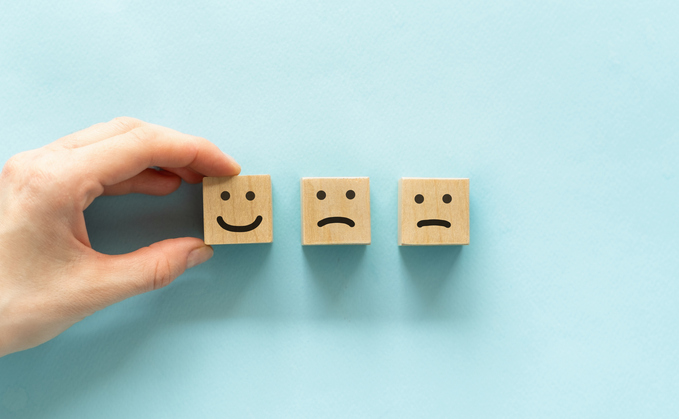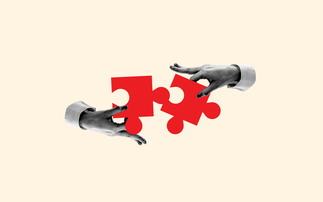
COVER editor, John Brazier, shares his thoughts on the humanity of protection following last week’s ProtectX7 event and why the industry should always be focused on keeping it front and centre of its activities to avoid becoming just another part of the corporate world.
Protection should never become a ‘misery business'.
This was the thought rattling around my head after leaving the studio yesterday morning, once the live ProtectX7 broadcast had finished.
We had spent the previous half hour discussing the humanity of protection after hearing from a variety of speakers on the topic, but I can't help but feel we only scratched the surface on the day.
The problem is that when we consider what the ‘humanity' of protection actually means, we are faced with a genuine myriad of branching paths; is it the storytelling, the service, the needs of the policyholders, the people within the business, the policies…
The obvious answer is that it's all of these and many more besides, further illustrating just how crucial maintaining the humanity of this industry is.
That's no mean feat when we're talking about business. Perhaps it's a cynical view on my part, but when push comes to shove, we have seen numerous historical examples of where decision-makers and industry leaders will prioritise the business over people.
This is where the protection industry can put itself above other parts of the financial services world when it comes to putting people first.
The challenge is getting there as a whole because it can be difficult dealing with the reality of why people take out protection cover and the reasons for the claims they may have to make. Speaking from my own limited experience, hearing the personal experiences of policyholders beyond simple claims stories can be deeply upsetting.
Putting a name, face and voice to a claims story elevates it to an entirely new level beyond the annual claims stats where these people become just another number.
So, it's difficult to imagine what mental toll this takes on advisers and claims handlers that hear these stories on a regular, probably daily, basis. One has to imagine that at a certain point it can become too much, and despondency might threaten to overwhelm.
That's why it's imperative to provide just as much support to those working within the industry as it is to policyholders and their families when it is needed. Not only is it the right thing to do from an ethical perspective, but it also reinforces the vital nature of the work and the reasons behind it.
Of course, it's easy for me to sit here (or on the panel discussion) and say all this. It's a harder task to identify where needs will arise and find answers, which can increase operational cost and focus.
But what good is an industry that purports to do the right thing for consumers if it can't look after its own people? Is that really a good example of protection's humanity? The bottom line is that businesses are simply groups of people working towards the same goal; if those people lose faith in that objective, it is nigh on impossible to attain.
If you missed the ProtectX7 sessions, I'd encourage you to seek them out online and take an hour to hear what the speakers have to say about the humanity of the industry.
Because protection should never be allowed to become a misery business; instead, let's make it a truly human business.













